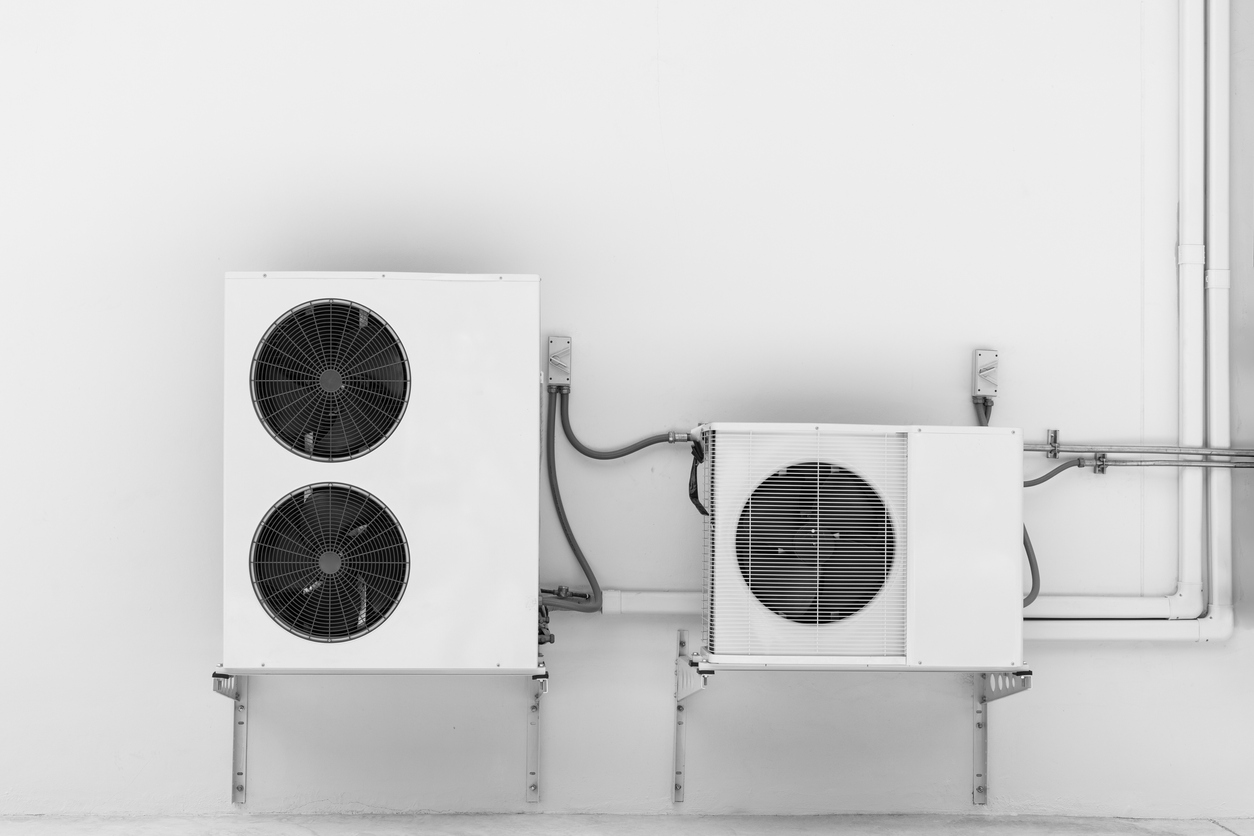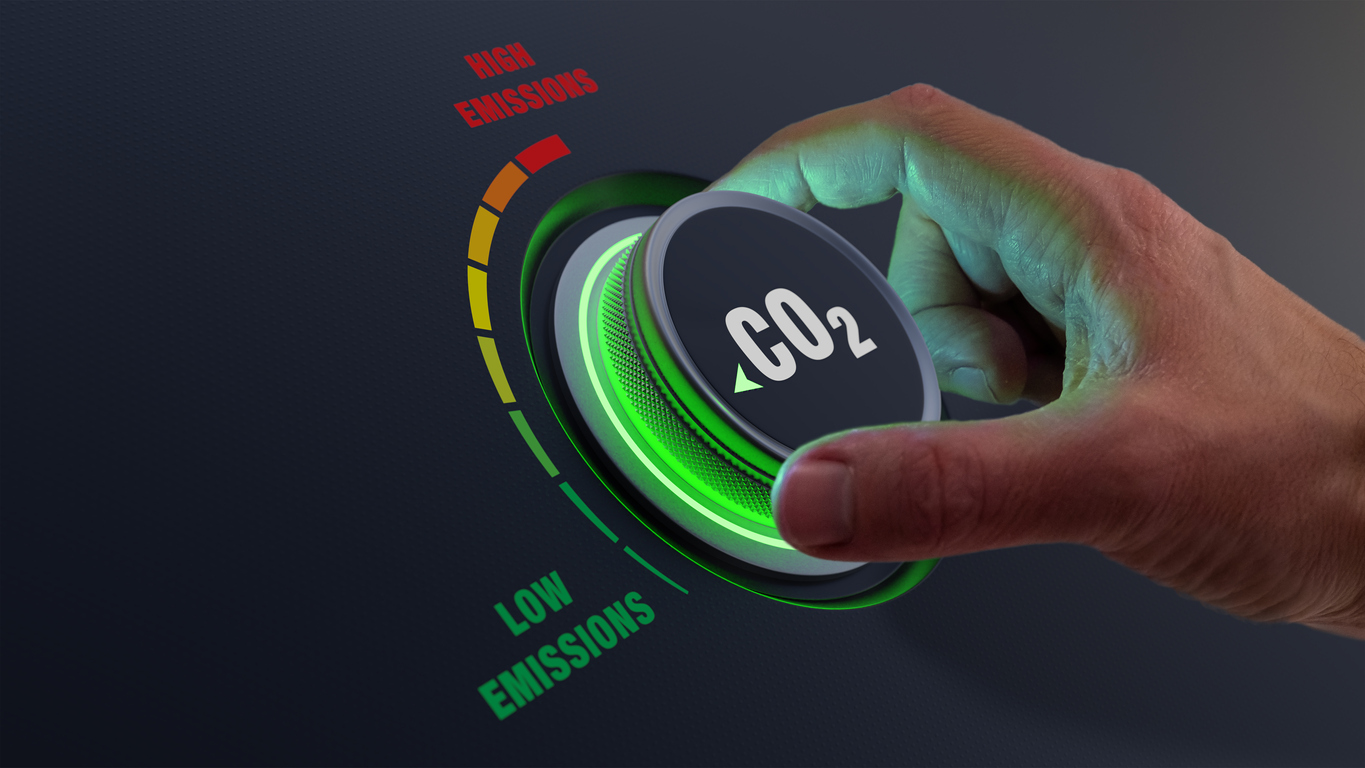Renovations●Tips
Using Heat Pumps in Net-Zero Renovations and Construction
August 26, 2022

Usually, upgrades or new construction homes are focused on creating a new property that is energy efficient, but that will likely still have some expenses. Net-zero refers to homes that are built (or retrofitted) so that they use zero energy and reduce emissions by implementing features like solar panels. It’s usually easier and more efficient to build these homes from the ground up, but their features can vary from one to the next, as with any construction.
Heat pumps are gaining popularity in the world of HVAC because they offer more efficient solutions and give people the chance to reduce their energy usage, thanks to ductless systems that no longer leak energy while trying to heat the home. Thus, it makes sense that they are on the must-have list for net-zero renovations and new construction, since the goal is to eliminate greenhouse gas emissions and create the most energy-efficient home possible.
Get What You Give
Put simply, net-zero means that your home is energy efficient enough to generate enough of its own energy to operate without putting added costs (or emissions) out into the universe. Homes with solar energy store and generate energy so that there is less reliance on electricity service, which reduces emissions and costs at the same time. Your home can also be net-zero ready – meaning the solar panels are not installed but the infrastructure is in place.
To do this, according to the experts, it’s going to be important for heat pumps to become a regular installation in new construction or renovated properties. Heat pumps have been shown in several residential and commercial installations to create a huge reduction in carbon emissions and deliver more efficient energy all around.
Even Russell Dean, Mitsubishi’s Head of Residential Heating and Ventilation, says that “the road to net-zero requires heat pump technology.”

How The Heat Pump Can Help
Studies have shown that heat pumps can save up to 70% of the CO2 emissions of a traditional electric heating system and as much as 65% of the emissions compared to a traditional gas boiler. Usually, 66% or so of the energy from heat pumps comes from natural sources, reducing the amount of fuel needed to run the system in the first place. The rest is electricity, which can be sourced from solar panels, as mentioned previously. All this will help reduce the impact of heat pumps to zero, making them perfect for net-zero construction. And the added benefit is that heat pumps also work in reverse – providing cooling in the summer.
There are a lot of different ways to improve energy efficiency and reduce carbon emissions, but getting rid of the excess electricity and fuel required for heating and cooling the home can make a big impact. The UK and Canada both have huge efforts underway to create net-zero situations in residential housing and commercial structures alike and for good reason.

Climate Change Requires Innovation
The climate change battle rages on and everyone has a different idea of what is going to be most effective. While there are efforts underway to create heat networks in cities to help further reduce carbon emissions, it is going to take some time to accomplish that. This is why the heat pump is suggested in the meantime, offering the opportunity to supply a lot of heat without a huge investment of time or effort.
Although some people want to wait for a “better option” or aren’t ready to embrace net-zero living, it’s a must if the countries that are making changes are going to reach their goals. While most of the information out there talks about the net-zero initiatives of the UK, Canada is right on track with this innovation, too, and looking to embrace the role of the heat pump in the process.
The problem is that there need to be new solutions to the current climate problems. Countries and cities are being overrun by carbon and decarbonizing could take a long time, if it were even possible in the future. It’s best to act now, and that starts by considering a heat pump installation. If you are looking to improve your energy efficiency and want to contribute to the net-zero goals, find out what heat pumps have to offer and what they could do for your home and your wallet.
